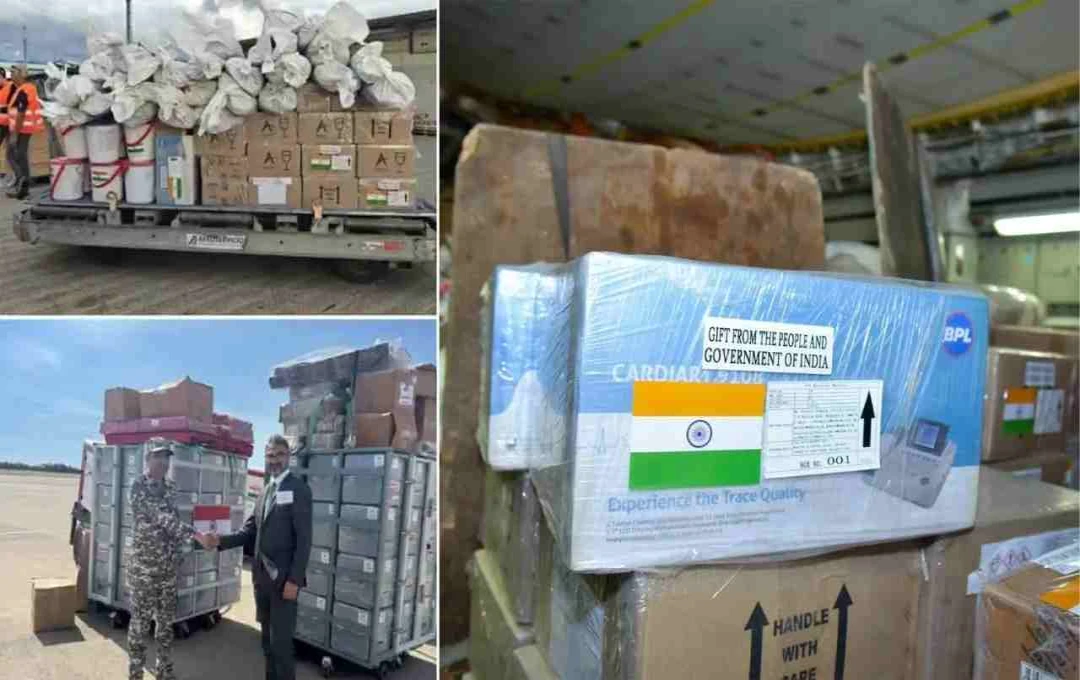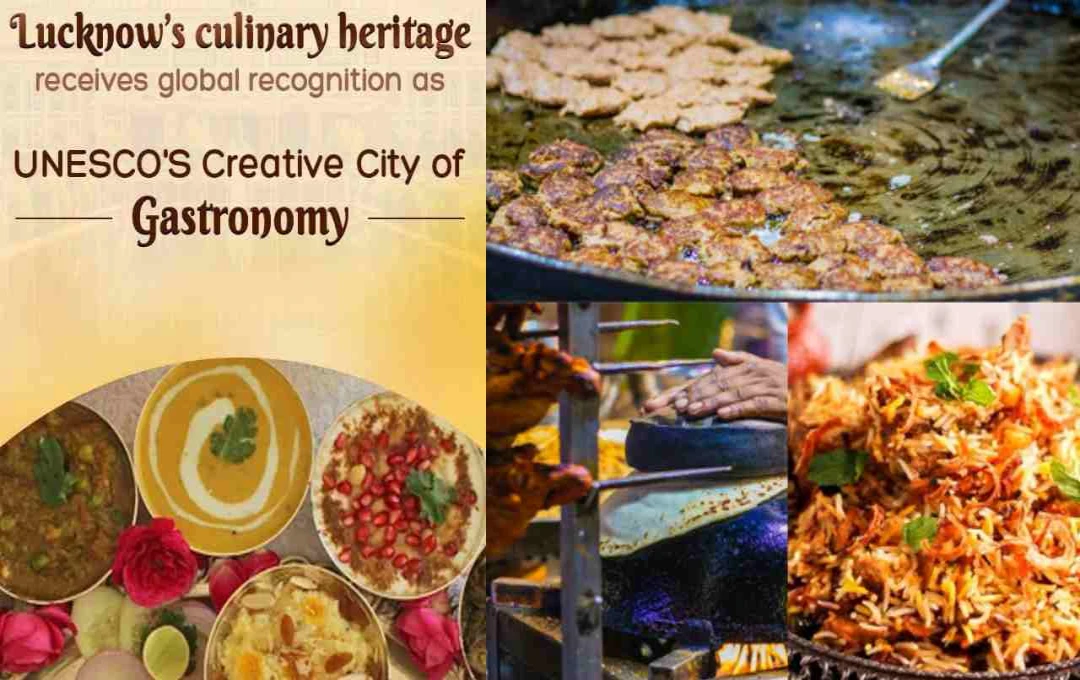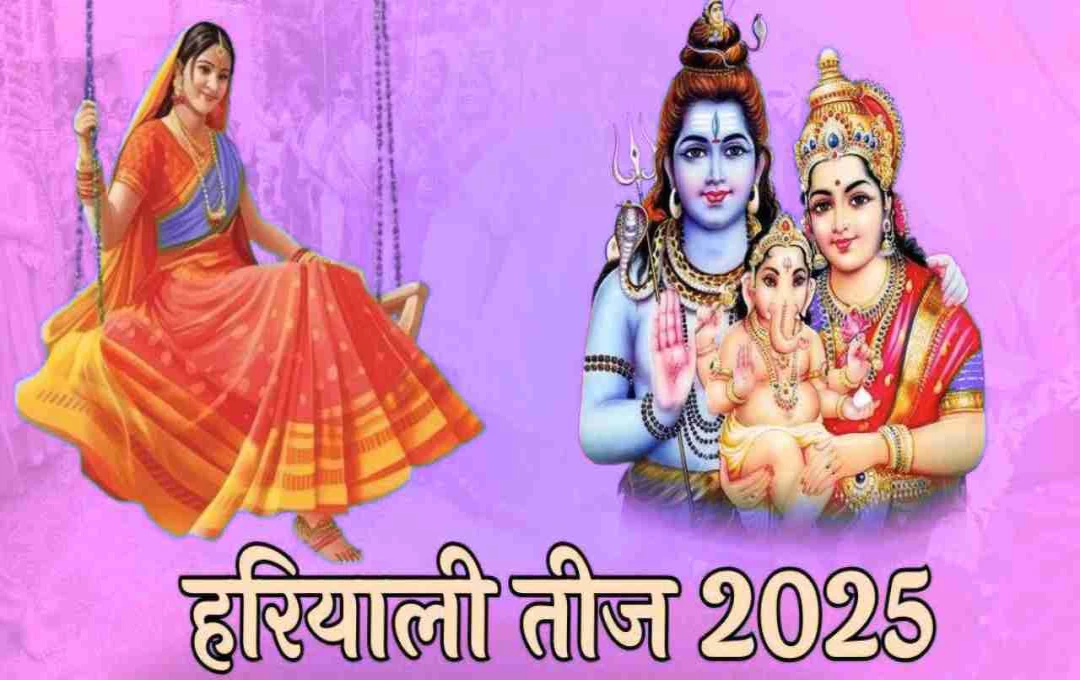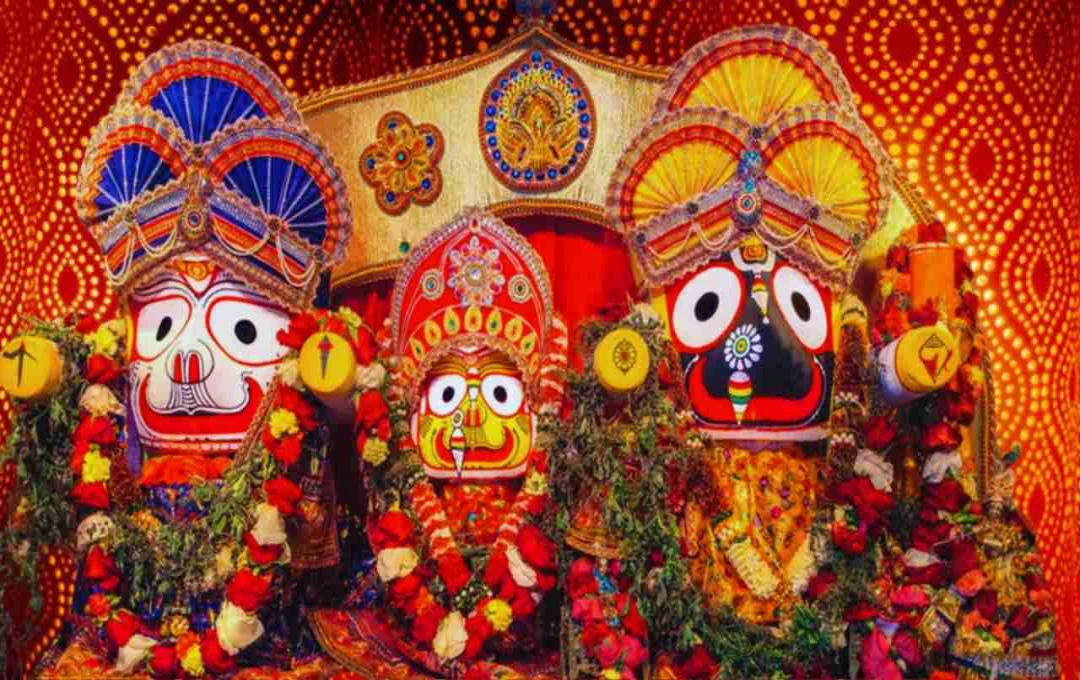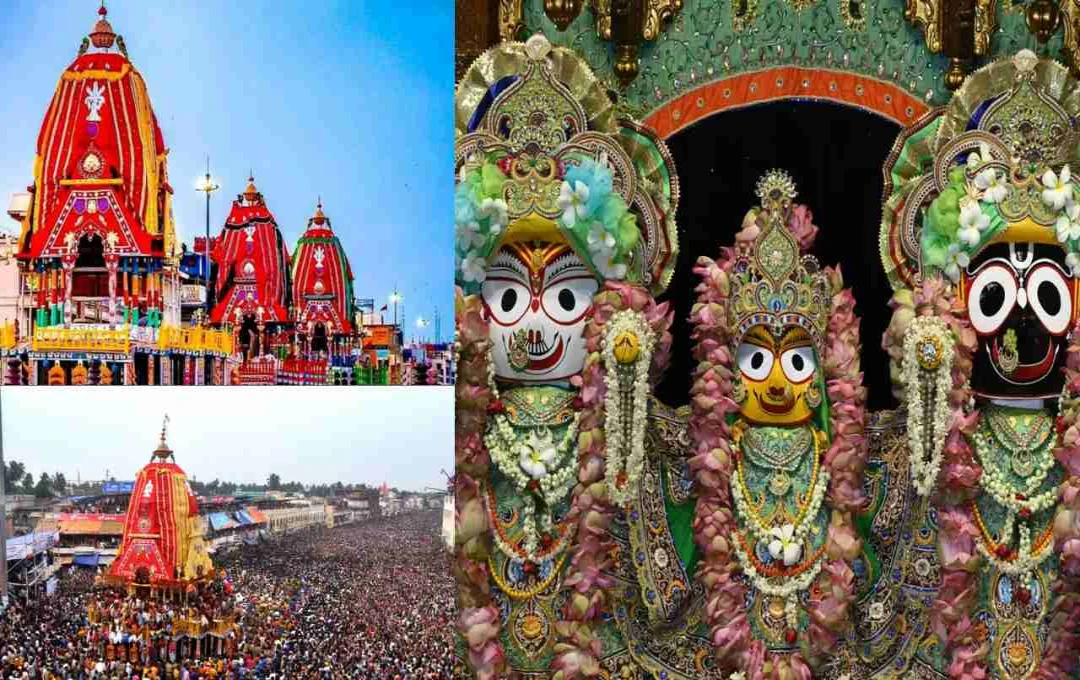Diwali 2025, a major festival of Hinduism, will be celebrated on Monday, October 20. It symbolizes the victory of light over darkness and good over evil. On this day, there is a tradition of worshipping Goddess Lakshmi and Lord Ganesha, lighting lamps, and cleaning and decorating homes. Special rituals and auspicious timings bring happiness, prosperity, and well-being to the home.
Diwali 2025: Diwali will be celebrated on Monday, October 20: Diwali, the biggest and most important festival of Hinduism in India, will be celebrated on October 20, 2025. On this day, homes across the country are cleaned, decorated with rangoli, and illuminated with lamps. Along with the worship of Goddess Lakshmi and Lord Ganesha, new account books and wealth are also worshipped. This festival symbolizes the victory of light over darkness and good over evil, and it is celebrated to bring happiness, prosperity, and well-being to the family.
Diwali 2025 Date and Time
According to Drik Panchang, Karthik Amavasya will begin at 3:44 AM on October 20, 2025, and conclude at 5:54 AM on October 21, 2025. Therefore, the main festival of Diwali 2025 will be celebrated on Monday, October 20.
On this day, the worship of Goddess Lakshmi and Lord Ganesha holds special significance. People clean and decorate their homes, make rangoli, and light lamps at the entrance. There is also a tradition of lighting lamps at home on Diwali night to dispel darkness and negative energy.
Correct Ritual for Lakshmi-Ganesh Puja on Diwali
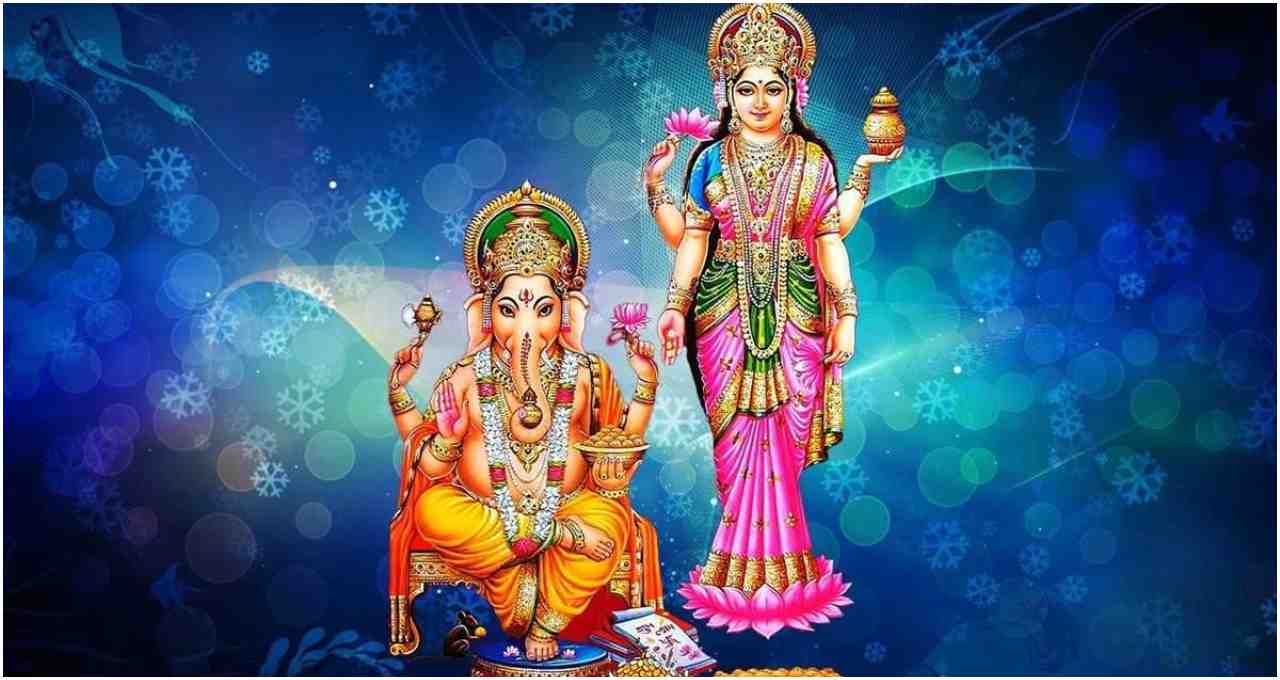
On Diwali, before performing puja, clean the entire house and make a rangoli at the main entrance. At the puja altar, spread a red cloth on a chowki (small raised platform) and place idols of Goddess Lakshmi, Lord Ganesha, and Lord Kubera.
First, worship Lord Ganesha. Bathe him and offer clothes, sandalwood, flowers, and durva grass. After this, worship Goddess Lakshmi. Offer her a lotus flower, sindoor, akshat (rice), roli, perfume, sweets, and fruits.
On Diwali, new account books, safe lockers, and wealth are also worshipped. During the puja, there is a tradition of lighting 11, 21, or 51 lamps. After the puja concludes, perform the Lakshmi-Ganesh aarti with the entire family and distribute prasad.
Special Rituals Performed on Diwali
It is considered auspicious to light nine ghee lamps near a Tulsi plant on Diwali evening. Doing so is believed to dispel negative energy from the home and please Goddess Lakshmi.
On Diwali night, light an oil lamp under a Peepal tree and return home without looking back. It is believed that this ritual helps overcome financial difficulties.
Wearing white or yellow clothes during the puja is considered auspicious. If there is any debt in the household, making a new financial plan on Diwali is considered beneficial.
Significance of Diwali
Diwali symbolizes the victory of light over darkness and good over evil. It is celebrated to worship Goddess Lakshmi, the deity of wealth, and Lord Ganesha, the deity of wisdom.
On this day, lamps are lit to ensure happiness, peace, and prosperity in the home. Lamps dispel darkness and negative energy. The festival of Diwali not only holds spiritual significance but also serves as an opportunity to strengthen relationships and maintain family well-being.
Diwali Preparations and Decorations
Cleaning the house before Diwali is extremely important. After cleaning, decorating the home with rangoli and lamps is considered auspicious. Special Diwali decorations and lamp preparations can be seen in the markets.
People buy sweets, firecrackers, and puja materials for their homes. Festival shopping often involves the entire family. This not only completes the preparations for the festival but also fosters cooperation and enthusiasm within the family.
Safety and Precautions During Diwali
It is very important to pay attention to safety while using firecrackers on Diwali. Do not give firecrackers to children and do not light them inside the house. Take careful measures to prevent fires in and around your home.
Additionally, it is also important to maintain balance in electricity usage during Diwali. Keeping lights on for extended periods can increase electricity bills, so focus on energy conservation.



